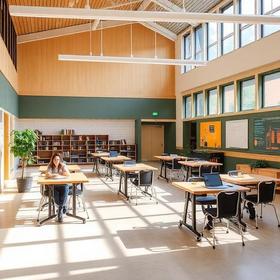Why Boarding School? A 2025 Perspective
In 2025, the decision to send a child to boarding school remains deeply personal—and increasingly strategic. While the core advantages of boarding remain consistent, evolving trends in finance, demographics, diversity, mental health, and global education are reshaping what it means to “go away to school.” Here’s a current, grounded look at why families still choose boarding school—and what they should understand before committing.
1. A Unique Learning Ecosystem
Boarding school offers more than classes; it provides a 24/7 learning environment that many day schools simply cannot replicate. Students benefit from structured evening study halls, faculty in residence, and peer collaboration outside of regular school hours. These immersive conditions often foster deeper academic engagement and more consistent intellectual growth.
In 2025, many boarding schools up their game by integrating advanced curricula—AI ethics modules, global project-based learning, and hybrid exchange programs are increasingly common. Small class sizes (frequently 6:1 or 7:1) and residential support ensure individualized attention.
2. Preparing for College — and Life
A major draw of boarding schools is how they prepare students for higher education. Beyond rigorous coursework (AP, IB, capstone research), students develop time management, accountability, and independent study habits—traits highly prized by colleges.
Living on campus also builds leadership and resilience. Dorm leadership roles, student government, mentorship, and peer dynamics contribute to emotional maturity that extends well beyond the classroom. BoardingSchoolReview noted



















